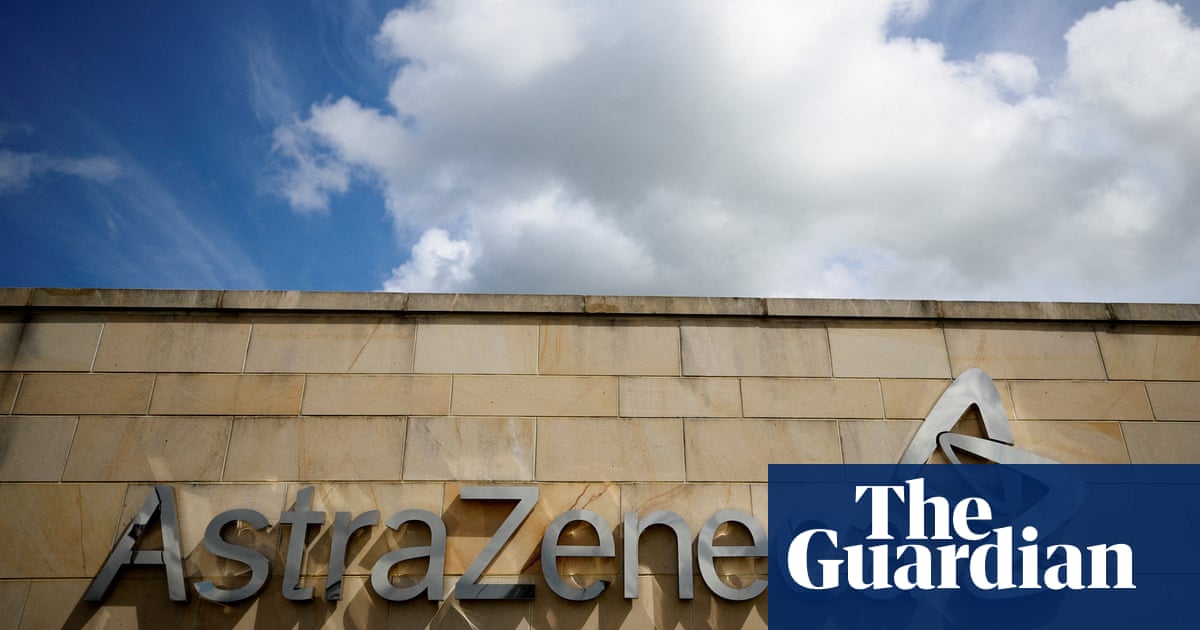AstraZeneca’s boss has broken its silence since ditching a £450m vaccine plant expansion in Liverpool a week ago, saying the drugmaker was “very disappointed” to have been unable to make a business case for the investment.
Pascal Soriot told reporters on Thursday: “This is one of those cases and we see that regularly, where we could not make … the investment economically viable … We are all very disappointed but this is business life.”
He denied there was any tension between Britain’s biggest drugmaker and the government, saying AstraZeneca had even intended to raise its investment in the Speke factory to more than £500m.
The expansion of the facility had been agreed under the previous Conservative government, which pledged £90m in grants and other aid, but this was cut after Labour came to power and sought savings to help the public finances.
The science minister Chris Bryant told MPs this week the difference between the two offers was “remarkably small”, adding that AstraZeneca’s U-turn was “deeply disappointing”.
Soriot said: “We had a prior agreement but in the end the final proposal didn’t really match what we needed.” In broader terms, he urged the government “to continue working on improving the investment environment”, calling for changes to the NHS’s drug pricing mechanism.
The comments came as AstraZeneca reported a jump in annual profits that were bolstered by strong sales of its cancer, lung and immunology treatments.
AstraZeneca said revenues rose by 21% to $54.1bn (£43bn) in 2024. Pre-tax profit increased by 38% to $8.7bn last year on a constant currency basis.
Shares in the drugmaker – which is Britain’s largest listed company – rose 5% after the announcement, helping lift the FTSE 100 index past 8,700 points to a new intraday high.
On Thursday, AstraZeneca said cancer and respiratory and immunology treatments were its fastest-growing areas last year, with 24% and 25% annual rises in revenues respectively. The firm forecasts total sales growth will slow this year, to a high single-digit percentage.
after newsletter promotion
The drugmaker stuck to its $80bn revenue goal by 2031, with late-stage results for seven new medicines expected this year.
The pharmaceutical company has also been affected by a crisis in China, where the president of its Chinese business and other senior executives were detained over allegations of illegally importing cancer medicines. The AstraZeneca share price fell sharply after the news broke in October, reducing the firm’s market value from a peak of more than £200bn in mid-August to about £170bn.
On Thursday, the company said the case involved suspected unpaid importation taxes of $900,000, which could lead to a fine of between one and five times that amount if AstraZeneca was found liable.







